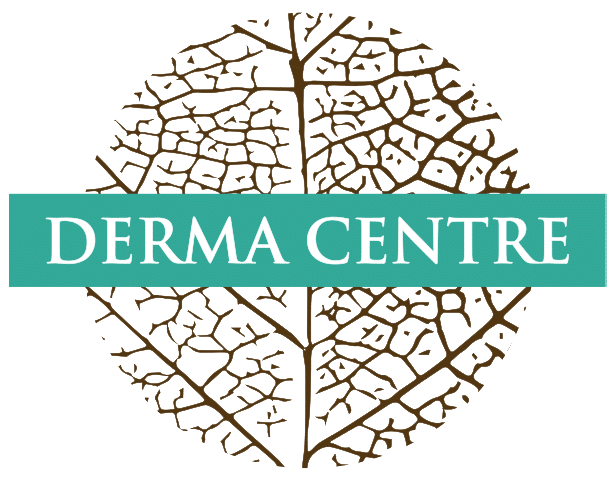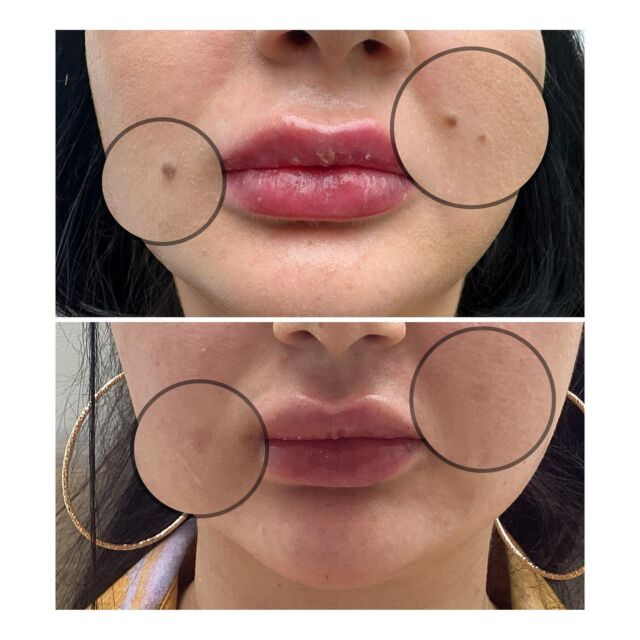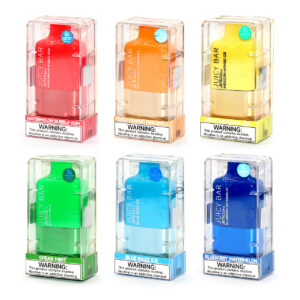Dual Diagnosis: Treating Addiction and Mental Illness Together
Understanding Dual Diagnosis
Dual diagnosis refers to the coexistence of a substance use disorder and a mental health condition. Many individuals struggling with addiction also suffer from conditions such as depression, anxiety, bipolar disorder, or PTSD. Treating both disorders simultaneously is essential for long-term recovery, as failing to address one can lead to relapse or worsening symptoms.
The Connection Between Addiction and Mental Illness
Substance abuse and mental health disorders are deeply interconnected. Individuals with mental health issues often turn to drugs or alcohol as a way to self-medicate. However, this only provides temporary relief and can exacerbate the condition over time. On the other hand, chronic substance abuse can lead to the development of mental health disorders due to changes in brain chemistry and increased psychological stress.
The Importance of Integrated Treatment
For successful recovery, individuals with dual diagnosis require integrated treatment that addresses both addiction and mental illness simultaneously. A rehab centre in Noida that offers specialized programs can provide:
- Medical Detox and Stabilization: Ensuring a safe withdrawal process.
- Comprehensive Assessments: Identifying underlying mental health conditions and addiction severity.
- Personalized Therapy Plans: Combining behavioral therapy, medication management, and holistic healing approaches.
Effective Treatment Approaches
A dual diagnosis treatment plan often includes:
- Cognitive Behavioral Therapy (CBT): Helping individuals identify and change negative thought patterns.
- Medication-Assisted Treatment (MAT): Using FDA-approved medications to manage withdrawal symptoms and mental health conditions.
- Group and Individual Counseling: Providing emotional support and coping strategies.
- Holistic Therapies: Incorporating yoga, meditation, and nutrition for overall well-being.
Choosing the Right Rehab Centre in Noida
Selecting a rehab centre in Noida that specializes in dual diagnosis treatment is crucial for long-term recovery. Key factors to consider include:
- Qualified Staff: Availability of experienced medical professionals and therapists.
- Customized Treatment Plans: Programs tailored to individual needs.
- Aftercare Services: Ongoing support to prevent relapse and promote sustained sobriety.
The Role of Aftercare in Recovery
Recovery from dual diagnosis does not end after rehabilitation. Continued support is necessary to maintain progress and prevent relapse. Aftercare programs may include:
- Regular Therapy Sessions: Ongoing counseling to address challenges and reinforce coping mechanisms.
- Support Groups: Peer support networks such as Alcoholics Anonymous (AA) or Narcotics Anonymous (NA).
- Sober Living Homes: Providing a structured environment for individuals transitioning back to daily life.
Conclusion
Dual diagnosis treatment is essential for individuals battling both addiction and mental illness. Seeking help from a rehabilitation centre in Noida that offers integrated treatment ensures that both conditions are addressed, leading to a healthier and more sustainable recovery. With the right support, therapy, and commitment, individuals can regain control of their lives and achieve long-term sobriety.
Self-Medication: A Dangerous Coping Mechanism
One of the primary reasons individuals with depression and anxiety develop substance abuse problems is self-medication. Alcohol, opioids, and other substances can temporarily numb emotional pain, but over time, they increase psychological distress. This reliance on substances to manage emotions leads to addiction, making it even harder to break free from the cycle.
Treatment Approaches for Co-Occurring Disorders
A successful recovery plan for individuals facing depression, anxiety, and substance abuse includes:
- Therapy and Counseling: Cognitive Behavioral Therapy (CBT) and other therapeutic methods help individuals develop healthier coping mechanisms.
- Medication Management: In some cases, medications can help stabilize mood disorders while the individual undergoes addiction recovery.
- Holistic Treatments: Meditation, exercise, and proper nutrition play a significant role in improving overall well-being.
How Substance Abuse Worsens Depression and Anxiety
While substances may provide short-term relief, they often exacerbate mental health symptoms in the long run. Substance abuse can lead to:
- Increased Anxiety: Many drugs, especially stimulants, can heighten anxiety levels, making symptoms worse.
- Depressive Episodes: Alcohol and depressants can contribute to prolonged depressive states and suicidal thoughts.
- Cognitive Impairment: Long-term substance abuse affects brain function, leading to memory issues and impaired decision-making.
The Link Between Mental Health and Substance Abuse
Depression and anxiety are two of the most common mental health disorders, and they often contribute to substance abuse. Many individuals struggling with these conditions turn to drugs or alcohol as a coping mechanism. Unfortunately, this creates a dangerous cycle where substance use worsens mental health issues, leading to further dependence.














Post Comment